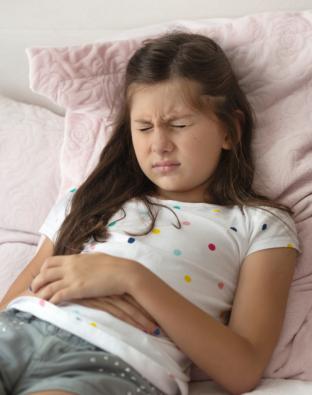
Get your child vaccinated this Easter
- All 5-11s now eligible for the Covid-19 vaccination
- Booked and walk-in appointments are available from 5 April
- Bookings open on 2 April
All children aged five and over are eligible to have the COVID-19 vaccination from 5 April.
Bookings can be made online or by calling 119 from 2 April. The vaccination is not being given to this age group in school. Walk-in and pop-up clinics are advertised on NHS England’s site finder here, but please check that the clinic is offering vaccinations to this age group.
Having the COVID-19 vaccine reduces the likelihood of further disruption to their education, developing Long Covid and passing the infection onto vulnerable family members and friends.
For most children COVID-19 is a mild illness that may require a few days off school but rarely leads to complications. For a very few children, the symptoms may be more serious or last longer.
The charity Long Covid Kids represents and supports children and young people living with Long Covid and related illnesses and their parents and caregivers.
CEO Sammie McFarland said: "The best way for children and young people to avoid Long Covid is to avoid the initial infection.
“Vaccination reduces the likelihood of contracting COVID-19 and it may provide some protection from developing Long Covid, which has been debilitating for the children and young people who access our support services. Long Covid Kids supports a layered approach to COVID-19 protections and we are pleased to see vaccination now offered to this age group."
While the current Omicron variant appears to be mild in most children, scientists are researching whether the variant causes a higher proportion of children to be hospitalised.
In line with recommendations from the Joint Committee on Vaccination and Immunisation (JCVI) children will be offered the Pfizer COVID-19 vaccine. Each vaccine is a third of the dose of the vaccine that is given to older children and adults. Most children will be offered two doses of vaccine 12 weeks apart.
Children who are at greater risk of serious illness if they catch COVID-19, such as those who have a learning disability, weakened immune system, Down’s Syndrome, severe neurodisabilities or a long-term serious condition, will need two doses of vaccine, eight weeks apart.
NHS Devon Clinical Commissioning Group’s Chief Nurse, Darryn Allcorn, said: “The Easter holiday is the perfect time to get your children vaccinated. By the time they leave school, they will have been offered vaccinations for around 18 different diseases. This COVID-19 jab adds to the vaccinations offered by the NHS to help keep them safe and well.
“It’s also not too late for others who haven’t yet had their jabs, including children who were previously offered the vaccination due to a health condition, older brothers and sisters and mums and dads.”
Like all medicines, vaccines can cause side effects. Most of these are mild and short-term and not everyone gets them. The very common side effects should only last a day or two and include a sore arm, tiredness, headache or mild flu like symptoms
If your child has any of these symptoms, they should rest and, if they are at school, they may need to take a day or two off.
You can give them paracetamol (follow the children’s dose advice in the packaging) to help make them feel better. More information on paracetamol for children is available.
Although feeling feverish is not uncommon for two to three days, a high temperature is unusual and may indicate that your child has COVID-19 or another infection.
Symptoms following vaccination normally last less than a week. If your child’s symptoms seem to get worse or if you are concerned, you can call NHS 111.
More Health related Articles for Parents
Being vaccinated kept me out of hospital - mum to be describes her experience of Covid-19
Cases of flu, norovirus and Covid on the increase in Devon
Coeliac UK launches new campaign to help identify childhood symptoms of autoimmune disease
Cover photo By Yuganov Konstantin on Canva

















